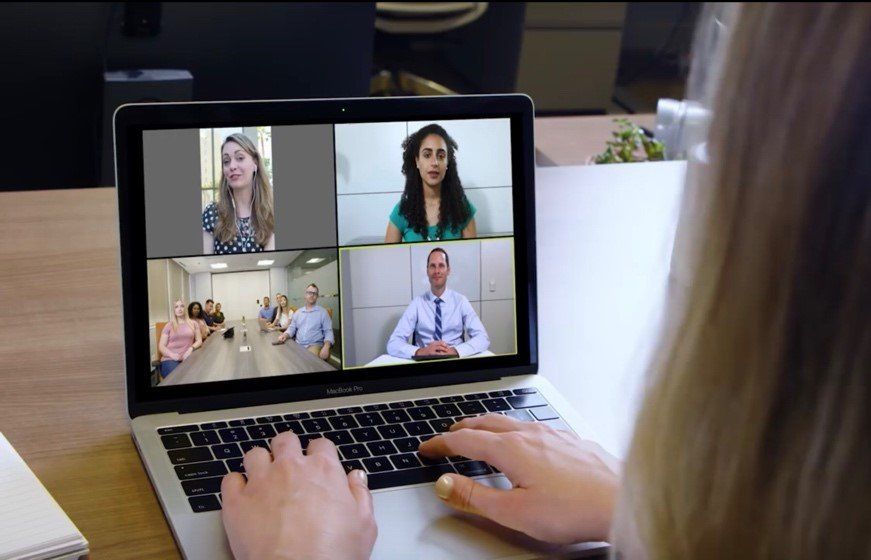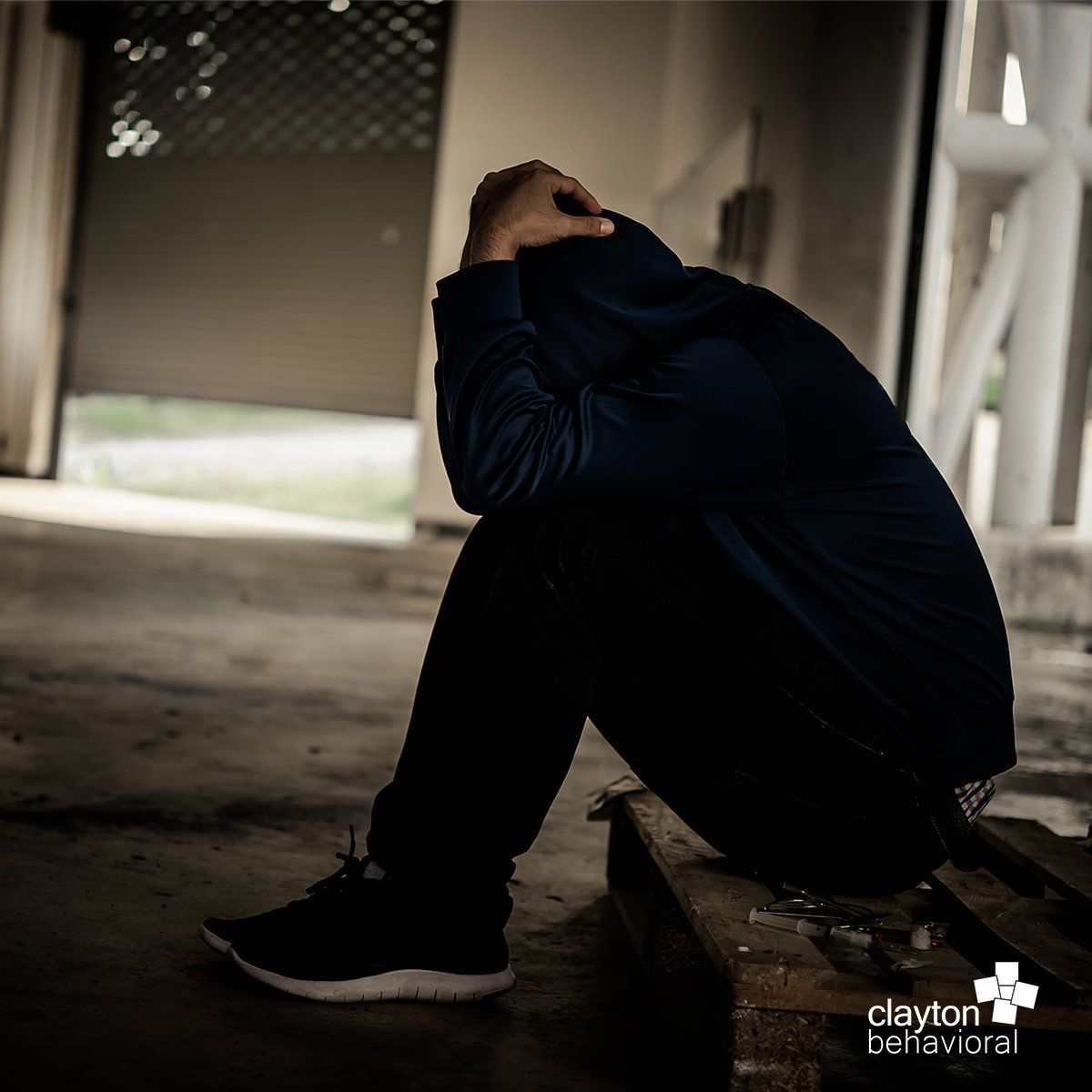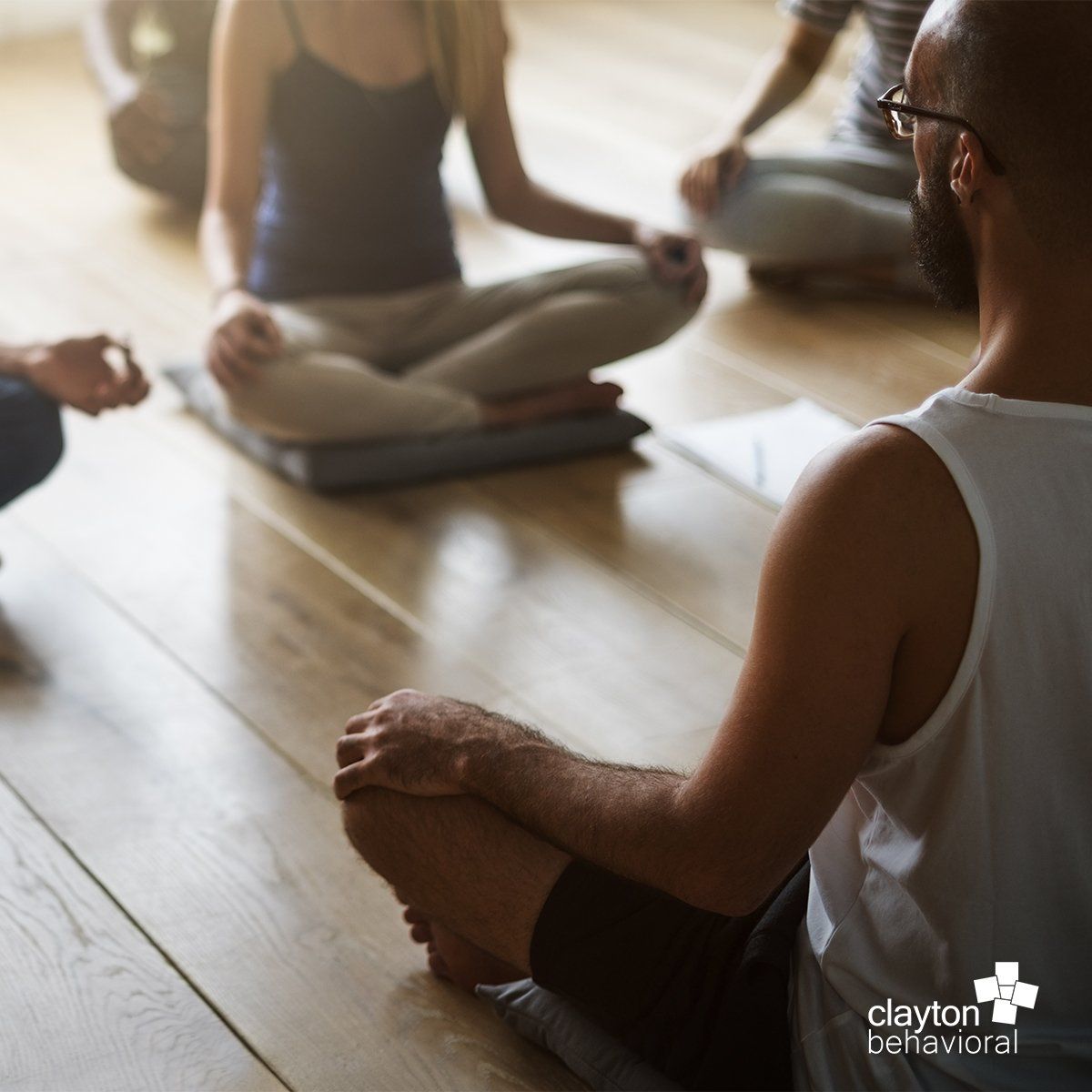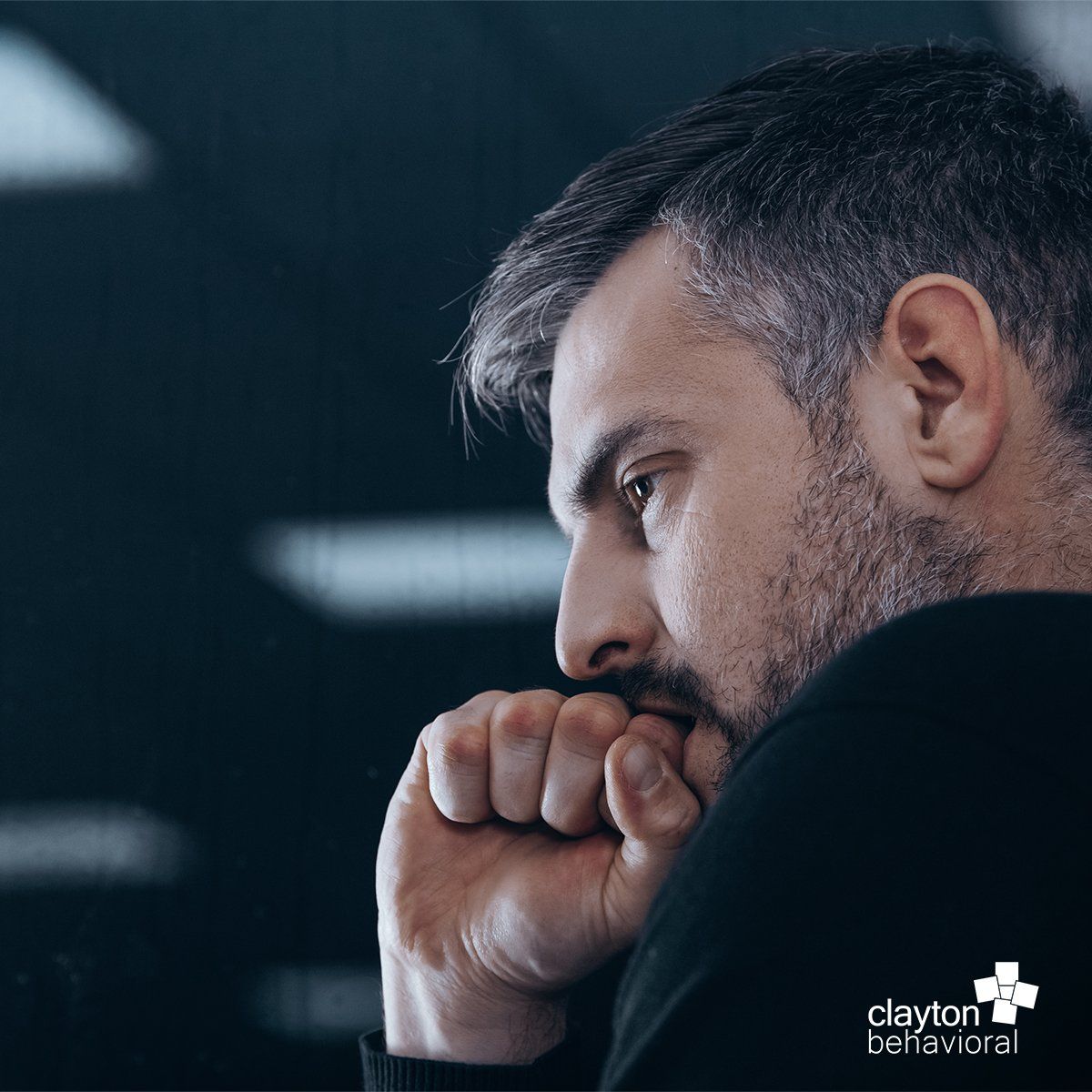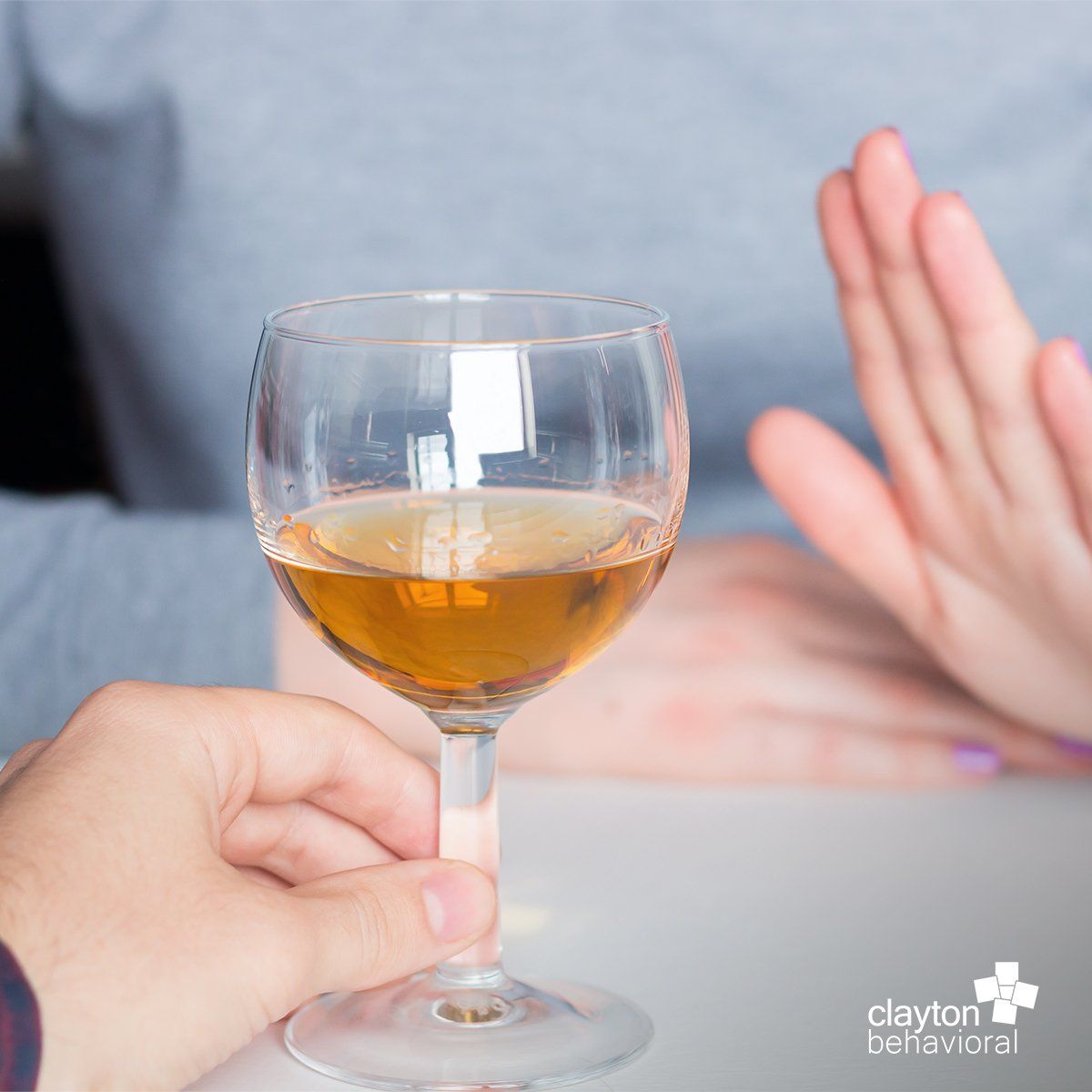The Dangers and Effects of College Binge Drinking

If you’re a parent of a teenager who’s preparing for college, talking with your child about the dangers of binge drinking can be just as uncomfortable as the dreaded “birds and the bees” talk.
However, it’s a vital conversation to have.
According to the National Institute on Alcohol Abuse and Alcoholism, research gathered by the 2015 National Survey on Drug Use and Health report estimated around 696,000 U.S. college students between the ages of 18 and 24 reported having been assaulted by another student who had been drinking. Another 97,000 disclosed having been victims of assault or date rape where alcohol was a factor, and an estimated 1,825 died from unintentional injuries or car crashes in which alcohol was a factor.
As quantitative evidence shows the indisputable negative impacts that binge drinking can have on students’ lives, it’s important to understand the risks and know what you can do to help.
The Effects of Binge Drinking
The consequences of college binging are undoubtedly harmful. However, it’s also a common part of university life that many high school students will be navigating for the first time without the stability of parental supervision. As binge drinking is an inevitable issue young adults are likely be confronted with, arming your child with facts and information is critical to helping keep them safe.
Excessive drinking in a short period of time relative to height, weight and muscle mass, can lead to alcohol asphyxiation (when a victim chokes on their own vomit) or cause breathing to slow and stop entirely, according to an article from Medical News Today. An article from the Child Mind Institute reports that students often decide against calling for help when binge drinking has been a factor to avoid getting into trouble, hoping that the victim will sleep it off and pull through on their own. However, students who have passed out from binge drinking are often at the highest risk for slowed breathing and asphyxiation, which must be treated with proper medical attention.
How You Can Help
Fortunately, these consequences don’t need to be fatal if students know the signs of alcohol poisoning and how to handle them. Make your child aware that if he or she is in the presence of someone who has been binge drinking and is unresponsive, loses consciousness, suffers from excessive vomiting, disorientation or passes out—calling 911 or a trusted adult could ultimately save that person’s life and avoid irreversible consequences.
It’s also important to remember that talking openly with your child about binge drinking does not mean you condone it. Instead, by maintaining a safe, open line of communication, you’re empowering your child with the tools they’ll need to make potentially life-saving decisions in moments of crisis.
Do you suspect your teenager is engaging in binge drinking? It can be difficult to set limits with a teen, but the parent-teen relationship is crucial for preventing serious substance and behavioral problems. Call us to schedule a consultation at 314-222-5830, visit our website or send us an email for more information.

